|
Convenors
Rup Lal, University of Delhi, India
Evodia Setati, South African Grape and Wine Research Institute, Stellenbosch University, South Africa
About the session
This scientific session brings together esteemed researchers from diverse disciplines to delve into the intricate world of biotechnology, microbial diversity, genomics, and their multifaceted applications. This session promises an engaging exploration of the microbial world's contribution food security and human health, from biotechnology breakthroughs to ecological insights and applications across diverse sectors. The diverse expertise of the following speakers will undoubtedly foster enriching discussions and inspire future research directions.
Invited Speakers
Rup Lal, University of Delhi, India
Prof. Lal's impactful work encompasses diverse fields including Biotechnology, Microbiology, Genomics, and Metagenomics. Notably, he pioneered the creation of cloning vectors and a transformation system for Amycolatopsis mediterranei, an actinobacterium producing rifamycin B. The antibiotic analogue, and its derivatives developed through genetic manipulation, have proven effective against drug-resistant strains of Mycobacterium tuberculosis, the causative agent of TB. Prof. Lal's group also delved into the molecular and genetic aspects of hexachlorocyclohexane (HCH) degradation, unveiling new bacterial species and even sequenced over 30 bacterial genomes. The metagenomic analyses shed light on microbial and viral communities at Manikaran hot springs, as well as the role of microbial diversity in HCH degradation at a polluted site in Ummari village, Lucknow, India.
Evodia Setati, Stellenbosch University, South Africa
Wine microbiologist with a focus on the microbial ecology of the vineyard and wine fermentation ecosystems. Evodia explores the diversity of yeast and bacteria, their oenological traits as well as their potential as biocontrol agents against grapevine pathogens or as plant growth promoters. Furthermore, her research investigates the influence of the potential biocontrol agents on wine production.
Gustavo Santoyo, Universidad Michoacana de San Nicolás de Hidalgo, Mexico
|
